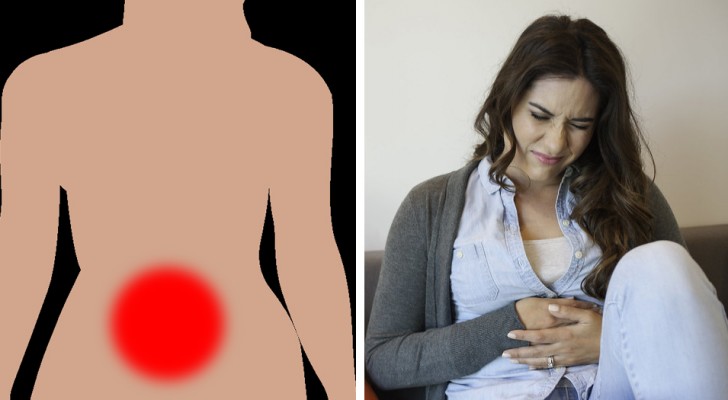Menopause - Let's learn about the symptoms and effects of this hormonal change

Menopause is a phase of very significant change in a woman's life.
It usually occurs around the age of 50, with subjective differences that may relate to both the type of symptoms and the timing of their onset.
Commonly, this condition begins to appear when the menstrual cycle has been interrupted for at least 12 consecutive months. For an effective diagnosis, your primary care provider (PCP) can then request some specific medical tests.
via NHS

In detail, when it is suspected that one's physical condition is changing due to menopause, bone density tests, blood tests, a hormonal profile, and pelvic and mammary ultrasounds are useful.
Some women are fortunate enough to go through this physiological process without too many traumas, but in many other circumstances, the transition causes numerous problems and discomforts.
It starts with the classic hot flashes, both during the day and during the night, with mood swings due to fluctuating hormone levels, and the feeling of tiredness that goes along with all of this.
In addition, the decrease in estrogen production influences different functions of the body, affecting the immune system, the brain, the heart, bones, etc.
Other common symptoms are, for example, chills, loss of libido, vaginal dryness, chest pains, tingling, dry skin, irregular heartbeat, digestive disorders, muscle and joint pain, urination discomfort, hair and weight loss, and difficulty concentrating.

The duration of all these sensations also varies from person to person. There are women who manage to absorb it all within a year or two, while others face a slower process that can go on for over ten years.
In many cases, the body sends warning signals a significant amount of time before the actual arrival of menopause so that women can prepare themselves in advance.
Therefore, women must keep an eye on the changes in their menstrual cycle, both in quantity and regularity. Do not overlook sensations such as pelvic pain or breast tension, especially when they are prolonged and persistent.
Finally, dry mucous membranes, frequent hot flashes, and headaches can be definitive warning signs.
The bad news is that menopause cannot be avoided, but the good news is that it can be managed so that menopause causes as few problems as possible.
In addition to following medical advice, in case of need, the real secret lies in proper nutrition, regular exercise, and trying to maintain a positive attitude.





